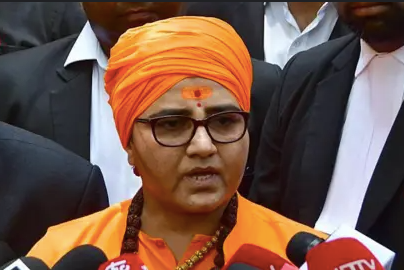
India’s legal landscape recently witnessed a contentious development involving the acquittal of several Hindu right-wing defendants who were previously charged in a high-profile case. While these individuals were released, the judiciary decided to retain custody of two nuns linked to the same matter, sparking widespread debate and criticism.
Background of the Case
The controversy stems from accusations against the Hindu right-wing group accused of activities that led to public unrest. The case gained national attention due to its political and religious sensitivities. Over the course of the trial, a number of defendants were charged, among whom were two Catholic nuns.
Court’s Decision
The court’s verdict acquitted multiple Hindu right-wing defendants, citing insufficient evidence and legal technicalities for their release. However, it simultaneously ruled that the two nuns remain in jail, with the justification focusing on ongoing investigations related to their actions.
Public and Political Reactions
This dichotomy in legal treatment has fueled controversy:
- Supporters of the acquitted defendants view the verdict as a vindication of their cause and a restoration of justice.
- Critics argue that the continued detention of the nuns while others have been freed reflects potential biases and raises concerns about fairness in the justice system.
- Religious and civil rights organizations have vocalized their apprehension, demanding a review of the detention of the nuns and urging transparency in the judicial process.
Implications
The outcome highlights significant issues in India’s handling of religious and political conflicts, emphasizing:
- The challenges in ensuring impartiality in cases with strong religious undertones.
- The potential impact of legal decisions on social harmony and inter-community relations.
- The need for clear legal frameworks to manage politically sensitive cases.
As the situation evolves, the international community and human rights organizations continue to monitor the developments, advocating for justice and equitable treatment for all parties involved.

